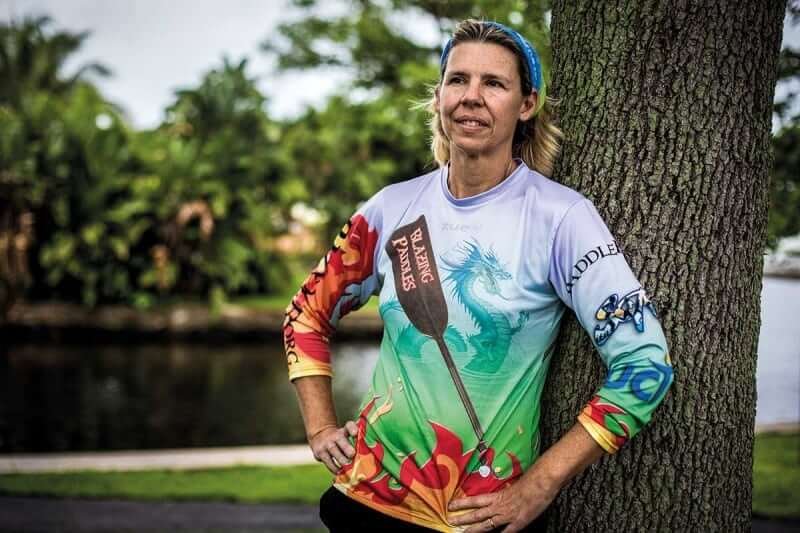…
More than three years later, the patient, Judy Perkins, is not only alive, but seemingly cancer-free.
…
Existing immunotherapy drugs have shown little or no effectiveness against the kinds of solid tumors that account for 90% of cancer deaths, including those of the breast, prostate and colon. This new approach could change that.
…
It relies on immune system cells known as tumor-infiltrating lymphocytes, or TILs. The ones used on Perkins were picked because they could home in on four mutant proteins that were present in all of her cancer cells. An exhaustive search of her blood and a sample of her tumor turned up only 11 of these super-capable immune cells, so the scientists spent four months growing billions of copies in the lab.
…
[T]he TILs survived, replicated themselves, and refused to let up on Perkins’ cancer, wherever they found it. Over the course of five months, they broke down and carried off the two large tumors growing on her chest wall, along with four tennis-ball-sized tumors lodged in her liver.“Now,” Perkins said, “I’m the golden guinea pig.”
Read full, original post: ‘I have definitely hit the jackpot.’ Advanced breast cancer disappears after new immunotherapy































